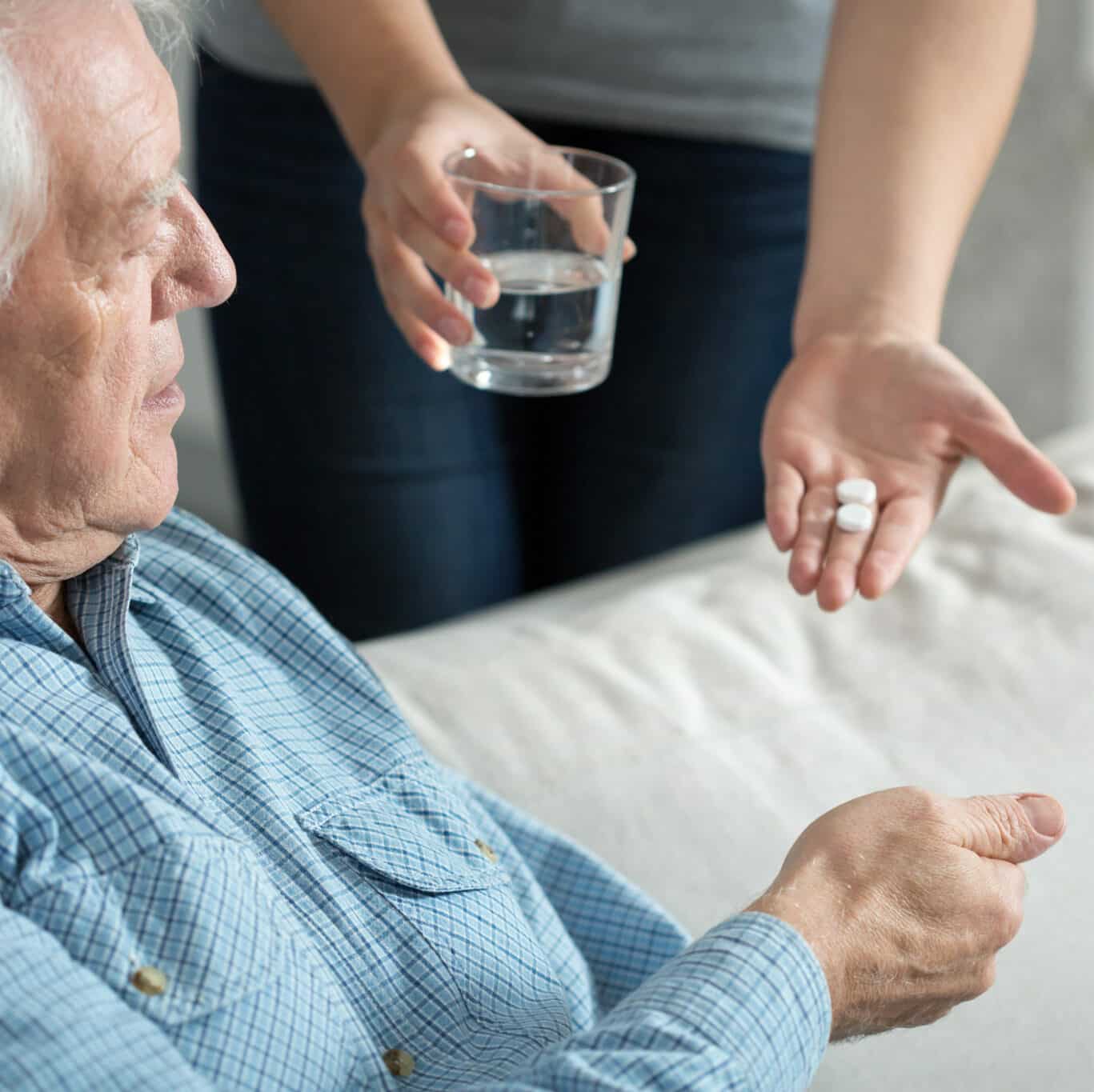If you’re caring for an elderly or ailing friend or family member, you know about the stress and challenges of looking after a loved one. You may have to perform various tasks and chores – helping with basic needs like bathing and grooming, house cleaning, cooking, grocery shopping, driving to different medical appointments, coordinating medications and more. Balancing your caregiver role with your other life responsibilities – caring for your own family and working a job, for instance – is difficult. You may feel stretched to your limits, physically, emotionally and logistically.
According to The Gerontological Society of America, caregivers not only experience stress from all their responsibilities, but the stress can impact their health significantly. In fact, caregivers who reported high caregiving strain had significantly higher mortality rates than those who reported no strain or minimal strain. The health risks to elderly caregivers are enormous, but younger caregivers are also susceptible to increased risk for depression and chronic illness, as well as a decreased quality of life.
There are several ways a Caregiver can be proactive about avoiding burnout:
Take steps to reduce stress.
The Family Caregiver Alliance® recommends recognizing the warning signs of burnout and stress early. Symptoms can include irritability, sleep problems and forgetfulness. Then see if you can identify the sources of stress in your caregiving duties and see if you can change any of these stressors. The idea is to take some action as soon as you recognize the signs and don’t wait until you’re overwhelmed.
Set goals.
Set some short-term goals to minimize stress. Sample three-to six-month goals include getting help with some tasks, engaging in activities to improve your health like walking and eating more healthy foods, and taking a short break from caregiving, if you can.
Ask for help.
It’s not always easy to ask for – and accept – help. But luckily, there very well may be people in your life who would be willing to assist you with some of your duties. Create a list of ways that others might be able to help. For instance, a friend or relative might be willing to take your loved one for a walk once a week, or a neighbor could do the grocery shopping. And assistance can also be found through community resources and professionals, not just family and friends. Asking for help isn’t a sign of weakness, it’s a sign of strength.
Streamline medication management.
Managing and administering multiple medications can be a tremendous source of stress and frustration. According to research from AARP and the National Alliance for Caregiving, nearly 50 percent of caregivers help with medication management of older adults, even if the adult is not cognitively impaired. And about 77 percent of these caregivers report the need to ask for advice about the medications and medical treatments. They typically turn to their loved one’s physician for guidance.
You can get started on stress reduction right now by getting your loved one’s medication management under control. PersonalRX is a licensed personalized pharmacy that offers customized medication dose packs with instructions, delivered to your loved one’s doorstep. With PersonalRX, you’ll also get a personal care coordinator to manage deliveries and refills, and discusses any changes with you and the patient’s doctors.
You’ll avoid multiple trips to the local pharmacy and save time sorting medications and preparing pills for easy dosing. With PersonalRX, managing multiple medications is simplified which allows you to spend more quality time with your loved one.
Caregivers need all the help they can get. Read our Caregiver eBook or contact us at personalRX.com for more information.


